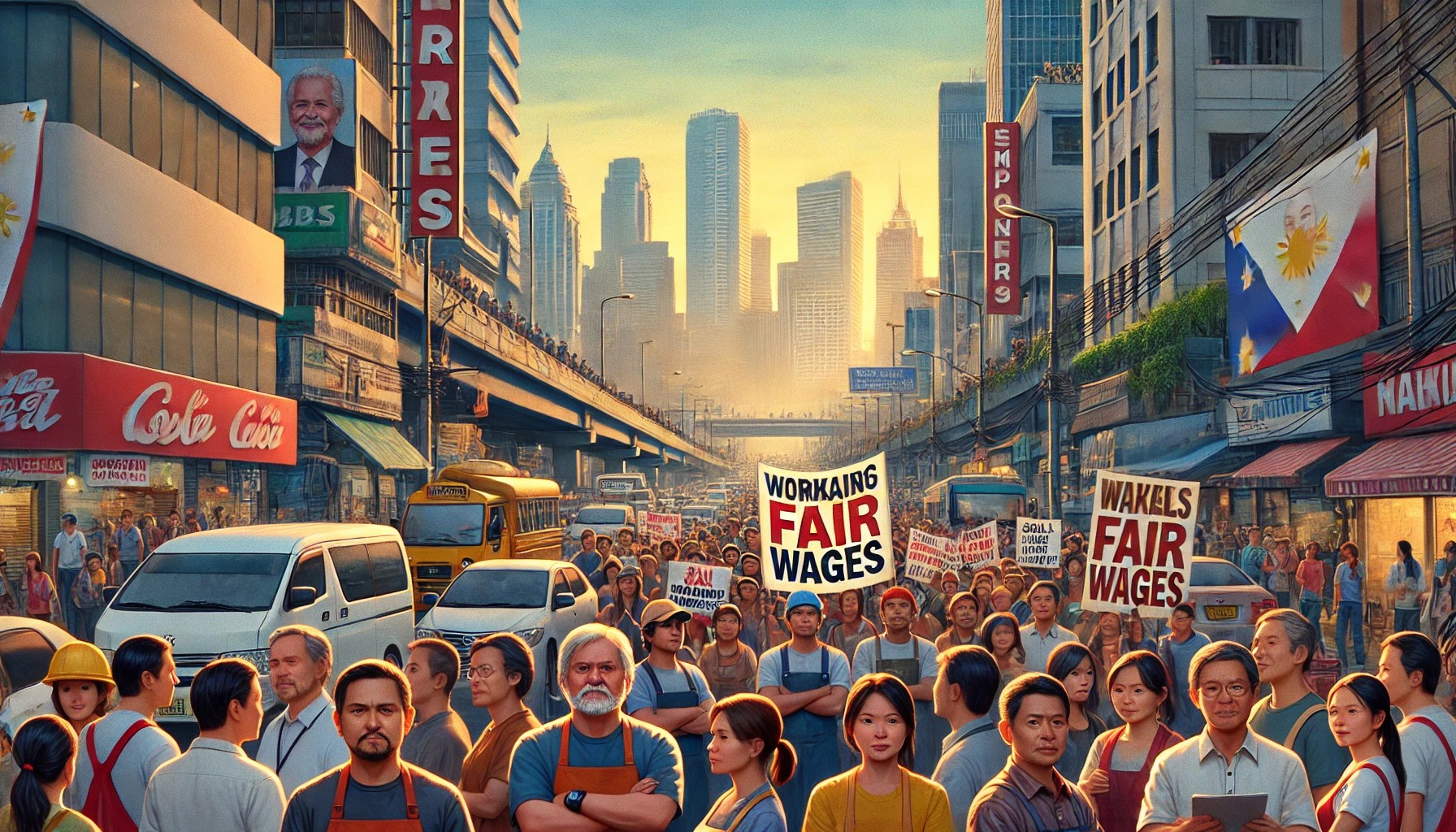Wage Hike in Metro Manila Raises Concerns and Hope
Starting July 17, 2024, minimum wage earners in the National Capital Region (NCR) will see a PHP 35 increase in their daily pay. This adjustment, set by the Regional Tripartite Wages and Productivity Board, raises the wage from PHP 610 to PHP 645 for the non-agriculture sector. Agricultural workers and employees in small retail and manufacturing establishments will see their daily rates rise from PHP 573 to PHP 608.
The wage increase, however, has sparked a mixed response from various sectors. Labor groups, including the Makabayan bloc and Kilusang Mayo Uno, criticized the increment as insufficient against the backdrop of high inflation and rising living costs. They argue that the increase does not adequately address the gap between the minimum wage and the estimated family living wage of PHP 1,200. “This PHP 35 increase is an insult to Filipino workers,” said Rep. Arlene Brosas of Gabriela Women’s Party, highlighting the disparity between wages and the cost of living.
On the other side, the Employers Confederation of the Philippines (ECoP) expressed concerns about the economic impact of the wage hike, especially on small businesses. They emphasized the need for a wage-setting mechanism that considers productivity and the financial capacity of businesses to ensure sustainable growth and job creation. ECoP also pointed out that while the wage increase may provide temporary relief, it could contribute to inflationary pressures, impacting overall economic stability.
This wage adjustment is part of a broader dialogue on wage reforms in the Philippines, with pending legislation in Congress proposing more substantial increases. The Trade Union Congress of the Philippines (TUCP) is advocating for a PHP 150 across-the-board hike, while another bill proposes a PHP 750 increase to bring wages closer to a living wage standard.
As the implementation date approaches, the wage hike remains a contentious issue, reflecting the broader economic challenges faced by the country. The balance between fair wages and economic sustainability continues to be a critical concern for policymakers, businesses, and the labor force alike.

